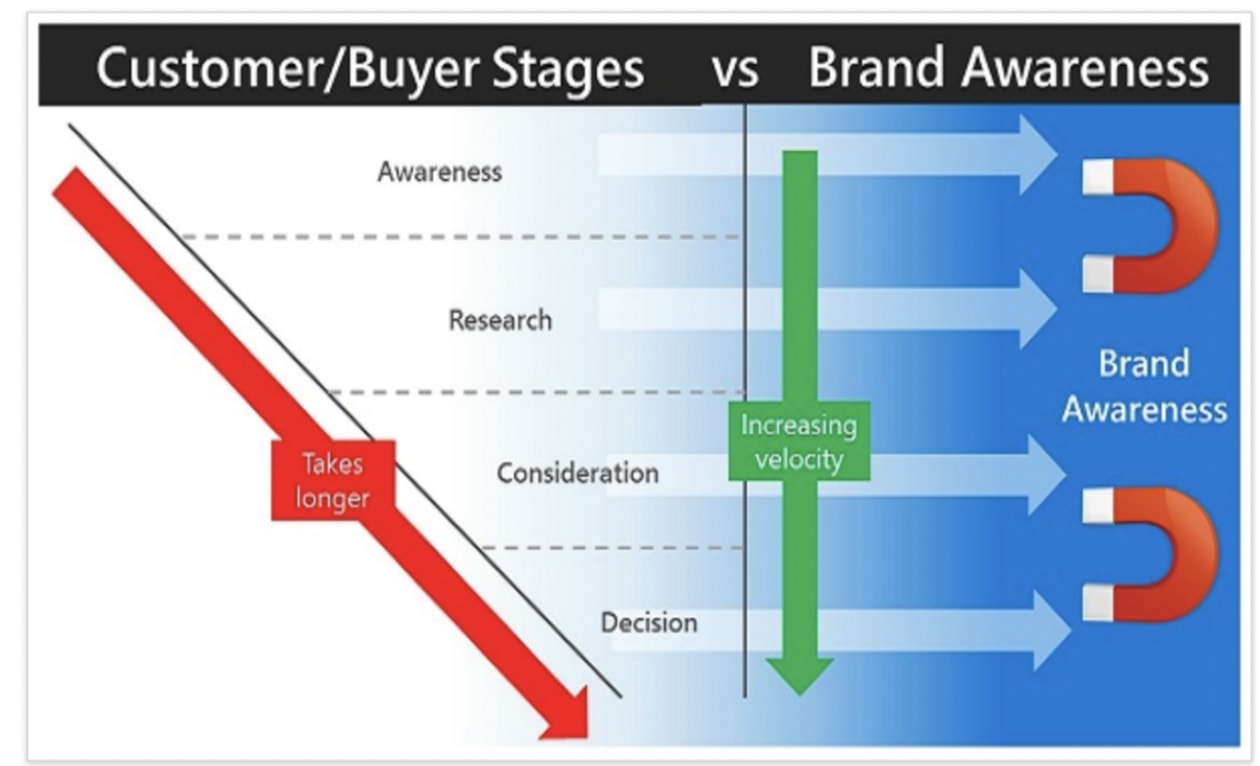Whenever we are faced with difficulties in attracting high-quality leads, our first instinct is to assume something is wrong with our lead generation strategy. That must be it—since our content and marketing chops are above average, we have vetted our messages, and we know our product is stellar.
But if qualified visitors aren't dashing to your website like the Pied Piper just whistled a groovy tune, it could be because they don't know you well enough—at least not well enough to trust you. As author Garrison Wynn put it, "People buy from people they trust, and they trust people they like.”
Just about everyone in agency work—PR, marketing, advertising—has presented a new business pitch at some point. This is where agencies roll out the dog and pony show to convince you they are the best team for the job. All the participating firms may leave their pitch feeling like they gave a great presentation—but only one wins the contract. In my experience, the winner is usually not the agency with the best case studies or the best fit on paper. It's the one whose team best established rapport and trust.
And so it is with lead generation strategies. Without establishing a baseline of brand awareness and trust, your lead-gen outreach will usually land on barren ground. Your marketing team may promise MQLs and SQLs (marketing- and sales-qualified leads, respectively), but end up delivering LQLs—low-quality leads.
Most Leads Don't Convert
Leads that don’t convert are not uncommon, even in the best of circumstances. The average MQL—a lead that has shown some level of interest in your product—only becomes an SQL—an actual sales prospect—about 10-15% of the time on average.
But the conversion rate varies greatly based on the quality of the MQL. And while businesses can look to any number of reasons for leads being of low quality—especially from sources like email campaigns and trade shows—the biggest reason is that companies haven't laid the groundwork for high-quality leads by first establishing brand trust with their target audience.
Rather than building an actual relationship with their audience, too many businesses bank on an ad that circulates every seven seconds on a bulletin board, some random posts on Facebook, or a retargeted banner that follows their leads all over the web 24-7.
And people report stalkers, so there’s that.
How Brand Building Accelerates Your Funnel
The illustration below shows Branding Strategy Insider's take on the consumer buying funnel. There are four stages from product awareness to buying decision—with brand awareness having the opportunity to reduce friction and increase velocity all along the way.

Without familiarity and trust built through strategies like third-party validation, reputation management, trust-centered web design, search presence optimization and thought leadership, the process of turning a lead into a buyer becomes much more challenging, particularly for medium- and high-consideration purchases. This is true for both B2B and B2C buyers.
All leads are not equal. If you want someone’s business, earn their trust first. The conversions will follow.
Leave a Comment